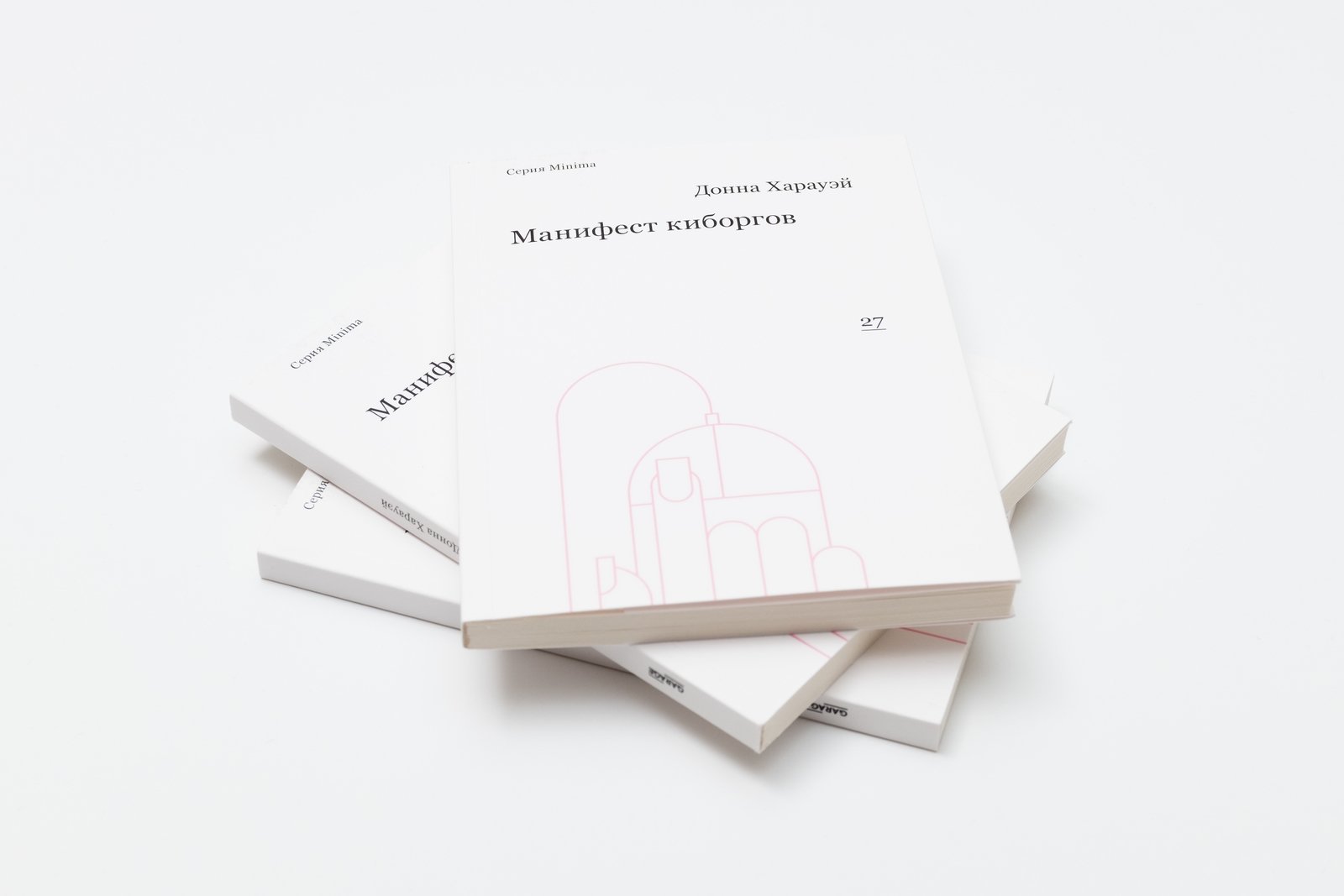Donna Haraway’s 1985 essay looks at identities in the era where race, gender, and social class no longer define a human.
“Gender, race, or class consciousness,” Haraway writes, “is an achievement forced on us by the terrible historical experience of the contradictory social realities of patriarchy, colonialism, racism, and capitalism.” Her seminal essay encourages the reader to try and imagine a different, postgender world of hybrid organisms she calls cyborgs.
While classical Western ontology is based on the idea of the original unity and fullness, Haraway’s cyborgs skip this stage of unity and do not dream of a community based “on the model of the organic family” with its ideal of a heterosexual couple. As an alternative to “natural identification” based on skin colour, sex or social background, Haraway proposes the concept of a “conscious coalition” based on political and poetic affinity between individuals. Only by maintaining self-identification a private and open matter and allowing individuals to choose what groups they belong to themselves, can society avoid creating barriers based on type and ideology.
Written in mid 1980s, A Cyborg Manifesto became one of the key texts associated with left postmodernist feminism. Criticizing the very significance of categories like race, gender, sexuality, and class, Haraway’s essay anticipated the arrival of third wave-feminism in the 1990s, which remains pertinent to contemporary social and political situation.




